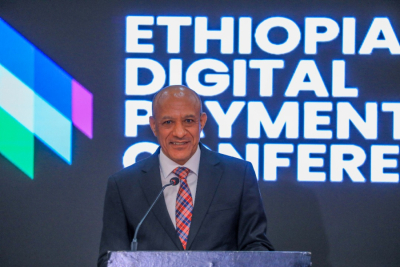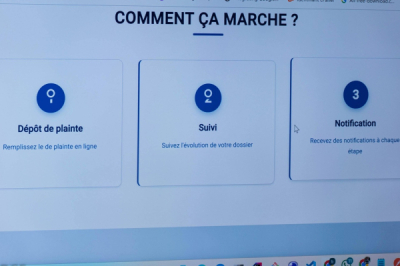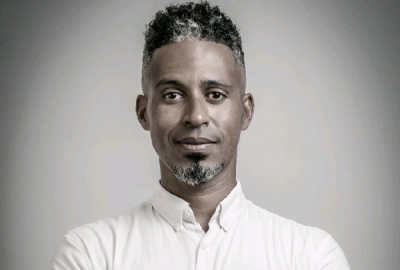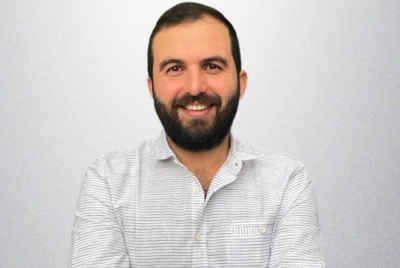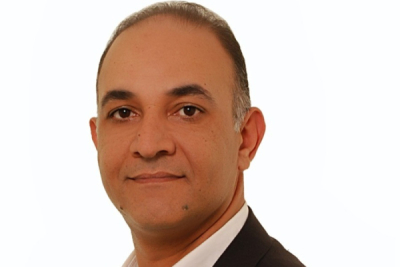The Ivorian government has made the fight against cybercrime one of its priorities since 2011. This crackdown has made it possible to shrink the financial damage due to cybercrime to $9.4 million in 2018 from about $24 million in 2010.
Digital security solutions can help Côte d'Ivoire save CFA2.5 billion (nearly $4.2 million) each year. This amount is how much the country lost to cybercriminals in 2021, according to Colonel Ouattara Moussa (pictured), director of information technology and technological traces (DITT) at the Ministry of the Interior and Security. Data released last January 31 by the anti-cybercrime platform (PLCC) showed that more than 5,000 complaints were recorded in 2021 compared to 2,408 in 2017, up 51.84%. PLCC reported that the main digital crimes recorded in the last year are threats of posting sexual images and sexual harassment on social media (Facebook, Instagram, Twitter, Snapchat, WhatsApp), e-transaction fraud, fraudulent use of natural person identifiers, damage to image and honor, and online scams. The platform says 50% of complaints were solved in 2021.
The data unveiled by the PLCC highlights the growing dangers in the digital world. In response, the government has taken several actions to further secure the national cyberspace. In 2020, it adopted a new cybersecurity strategy that extends to 2025. It also planned to invest $30.8 million to create a National Cybersecurity Council and a National Cybersecurity Authority.
While waiting for these investments to materialize, the National Center for Monitoring and Response to Computer Security Incidents in Côte d'Ivoire recommends that individuals be more vigilant online, that they regularly back up their data, equip their terminals with antivirus software, activate an antispam program on their e-mail, regularly update their operating systems and avoid installing software from unknown sources.
For businesses, the global IT consulting firm Accenture recommends, among other things, reducing data transfers, enabling full disk encryption on all devices, using cybersecurity operators, and adopting the cloud.
Adoni Conrad Quenum



